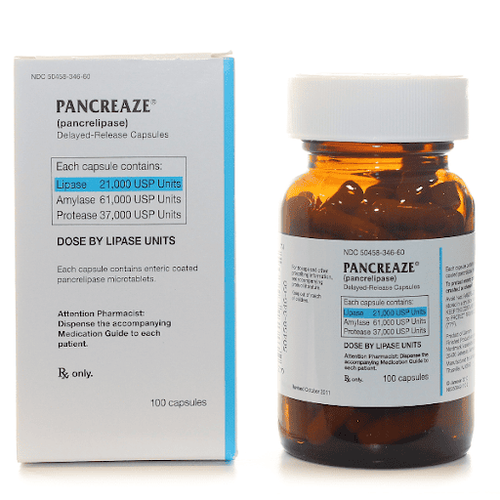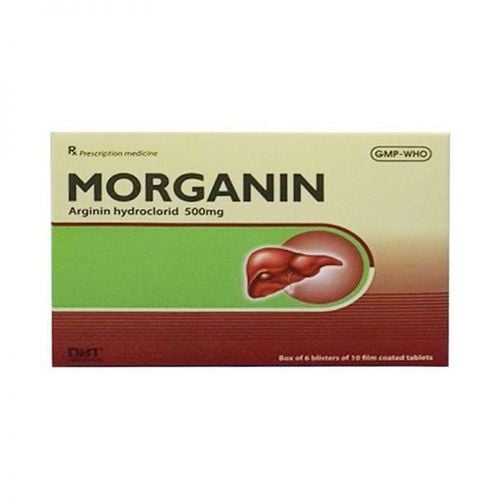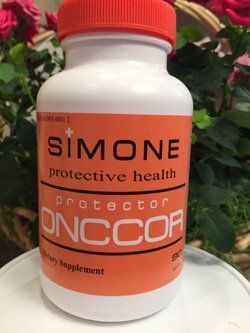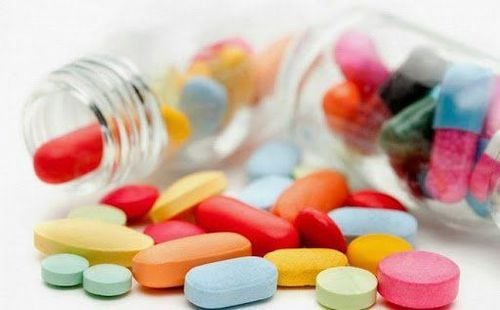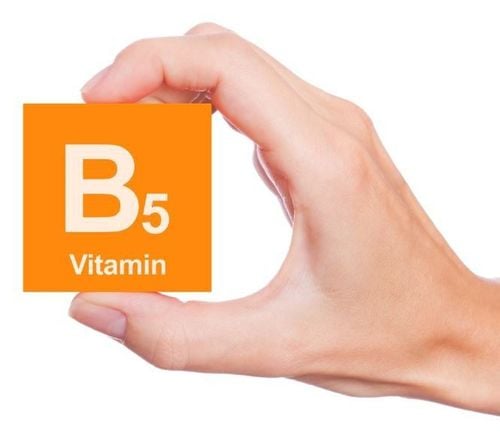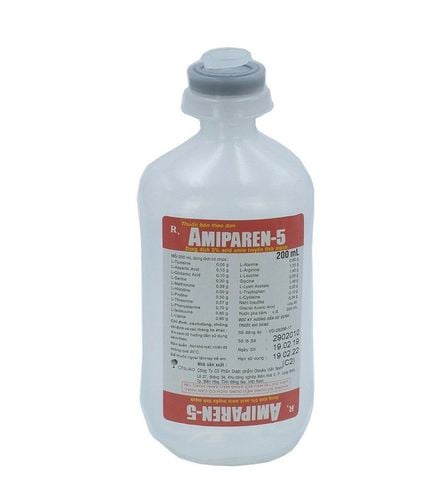This is an automatically translated article.
There are not many candidates worthy of the title of "superfood" like animal liver. Once upon a time, liver was a popular and precious food, but today they have fallen out of favor. In fact, animal liver is rich in nutrients, proteins, essential vitamins and minerals, and contains few calories.
1. Is it good to eat liver?
The liver is the largest internal organ in the human and animal body, responsible for many important functions, including:
Supports the digestion of food from the intestines; Store glucose, iron, vitamins and other essential nutrients; Filter and remove toxins in the blood. Organ meats like liver used to be very popular, but nowadays people tend to prefer less. Despite this, liver remains one of the most nutrient-dense foods on the planet.
People often choose fruits and vegetables to supplement vitamins and minerals, but the nutritional content of the liver is far superior. A small amount of liver is not only rich in high-quality protein and low in calories, but also provides more than 100% of the daily needs of many other essential nutrients.
Liver is cheap and widely sold at meat stalls. Most animal livers are edible, but common sources are from cows, chickens, ducks, sheep, and pigs.
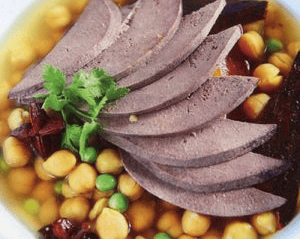
Hàm lượng vitamin có trong gan động vật nhiều hơn trái cây và rau quả
2. Great nutritional value of liver
The truth is that the question of whether eating beef liver or eating pig liver is good is not interested by few people. The nutritional value of liver is quite special, specifically, in a 3.5-ounce (100-gram) serving of beef liver, there are:
3.460% of the daily requirement of Vitamin B12: Vitamin B12 helps form red blood cells and DNA , as well as supporting healthy brain function; 860 - 1.100% of Daily Vitamin A Needs: Vitamin A is important for vision, immune function and reproduction. It also helps organs such as the heart and kidneys work properly; 210 - 260% of the daily requirement for Riboflavin (B2): Vitamin B2 is important for cell growth and function, and helps turn food into energy; 65% of the daily requirement of Folate (B9): Vitamin B9 is important for cell growth and DNA formation; 80% of Daily Iron Needs, or 35% for Menstruating Women: Iron is an essential nutrient that helps carry oxygen throughout the body. Moreover, the iron in the liver is heme iron (red pigment) - the most easily absorbed type of the body; 1.620% of Daily Copper Needs: Copper helps activate certain enzymes, which then regulate energy production, iron metabolism and support brain function; Get enough Choline for women and close enough for men: Choline is important for brain development and liver function.
3. Liver provides high quality protein
Protein is vital to life and is found in almost every part of the body. This substance helps create and repair cells as well as turn food into energy. Protein can also help build muscle and preserve muscle during weight loss or aging.
More than 1/4 beef liver is made up of very high quality protein, providing all the essential amino acids. Amino acids are the building blocks that make up proteins. Some amino acids can be produced by the body, but the essential amino acids must come from outside food sources.
High protein diets have been shown to help with weight loss, by reducing hunger and cravings. In addition, protein also fills you up faster than fat or carbs.
Adding more protein can speed up metabolism, as well as increase the number of calories the body uses to function. This means you'll burn more calories, which is helpful for weight loss, especially if combined with a low-calorie diet.

Protein trong gan đông vật giúp giảm cân, nhờ làm giảm cơn đói
4. Liver has fewer calories than many other meats
When following a low-calorie diet, you may be deficient in a number of important nutrients. Therefore, it is advisable to choose foods that are dense in nutrients. In fact, the meats you usually eat will be nutritionally inferior to your liver. A 3.5-ounce (100-gram) beef tenderloin steak or lamb chop contains more than 200 calories. While the same weight, beef liver contains only 175 calories, and provides more vitamins and minerals.
While there are also many foods that contain high-quality protein or vitamins and minerals, none of the options compare to the liver. Furthermore, eating foods that are high in nutrients but low in calories has been shown to reduce hunger.
Liver is also low in fat, with only about 25% of calories coming from fat, compared with 50 - 60% in beef steak and lamb.
5. General concerns about eating liver
5.1. High cholesterol
Around the issue of whether it is good to eat beef liver, many people are concerned about the cholesterol content of organ meat and think that eating liver is not healthy.
Although the liver is high in cholesterol, cholesterol in foods is believed to lead to heart disease. However, recent research has shown that this is not the case for most people.
Much of the cholesterol associated with heart disease is produced in the body. Therefore, when you eat foods high in cholesterol, your body produces less to keep the balance.
However, about a quarter of the population will be more sensitive to cholesterol in foods. For them, eating foods rich in cholesterol can raise blood cholesterol.
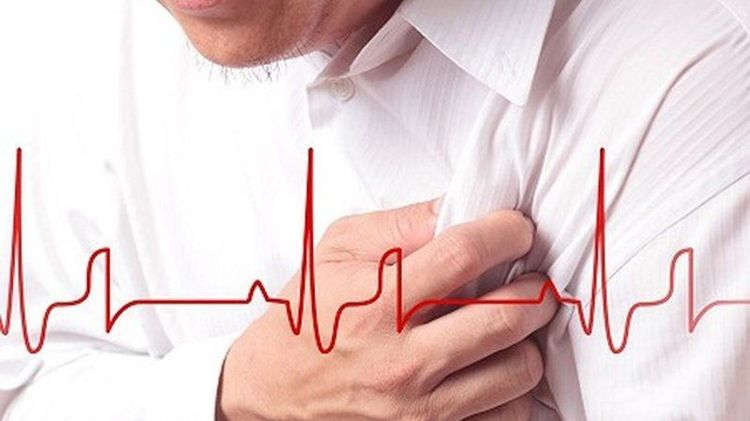
Gan có lượng cholesterol cao dễ gây ra bệnh tim
5.2. Contains toxins
Another common myth about eating liver is the risk of toxins. However, the liver does not store toxins. Instead, the liver's job is to process toxins and safely remove them from the body. In conclusion, toxins in the liver are not a cause for concern. Experts have confirmed that eating liver is good, so you should not avoid eating liver for the reasons mentioned above.
6. People who should not eat liver
6.1. Pregnant women
It has been suggested that high amounts of vitamin A found in the liver may be associated with birth defects. However, more research is still needed to conclude whether eating liver is good or bad for pregnant women.
Anyway, only a very small amount of beef liver, about 1 ounce (30 grams) is enough to reach the recommended levels of vitamin A during pregnancy. Therefore, pregnant women need to be careful with this nutritious superfood.
6.2. Gout sufferers
Gout is a type of arthritis caused by high levels of uric acid in the blood. Symptoms include pain, stiffness, and swelling in the joints.
The liver has a lot of purines that form uric acid in the body. Therefore, it is necessary to limit eating liver if you have gout. However, if you do not have the disease, eating your liver will not be the cause of the disease. Of all the factors that can increase the risk of developing gout, diet accounts for only about 12%.
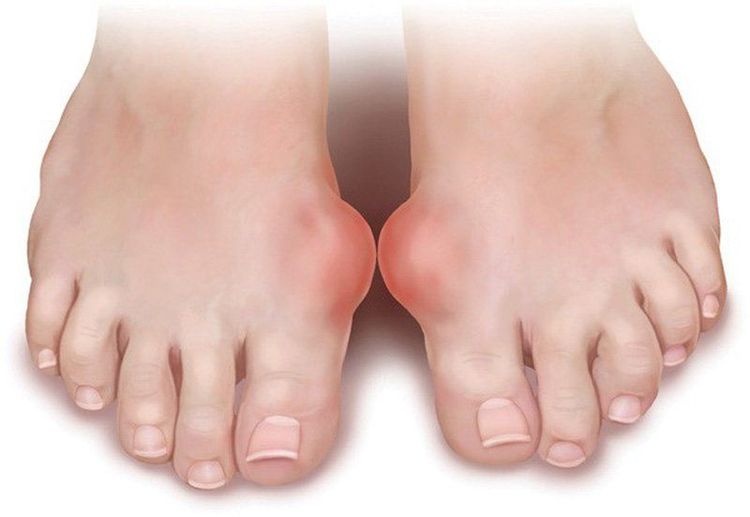
Bệnh nhân gout không nên ăn nhiều gan động vật
7. Suggestions for processing liver
Liver has a unique taste that some people will love and others will not. Here are some suggestions for incorporating liver into the diet:
Pan-fried liver with onions; Veal/chicken liver cut or minced, then mixed with ground beef to make Spaghetti sauce; Minced liver burgers; Season with lots of spices to reduce the characteristic liver aroma; Using lamb or veal liver will have a milder flavor than beef liver; Soaking the liver in milk or lemon juice before cooking helps to reduce the strong flavor of the liver. Liver is low in calories and rich in high-quality protein, and contains a huge amount of important nutrients. Even so, this superfood is being underestimated and gradually becoming less popular. Whether you like the taste of animal liver or not, this nutritious dish deserves to be included in the daily menu in a number of different ways.
Reference source: healthline.com




